Living in a hotel sounds cool, off-beat, and interesting at first glance.
The idea of finishing up a day of exploring amazing cities and strolling through markets in a comfortable hotel bed while calling down to room service sounds very tempting to many.
But there are some super important considerations that you want to think about before deciding to live in a hotel permanently or semi-permanently.
As someone who has lived in hotels and hostels for extended periods of time going back as far as 2011, I’ve seen (and lived) both the pros and cons.
In this article I’ll tell you everything that you need to know before making the leap to full-time hospitality living.
Table of Contents
Can you live in a hotel?
Yes, it is possible to live in hotels but there are many logistical hurdles that you would need to consider before choosing that route. There also is the impact on your physical and mental well-being that should be a top consideration.
Below I’ll break down all these to help you answer the ultimate question of whether or not you should live in a hotel.
I mostly focused on living in a hotel abroad with the goal of traveling and exploring the world but some of these considerations will also apply if you were thinking about just living in a hotel domestically.
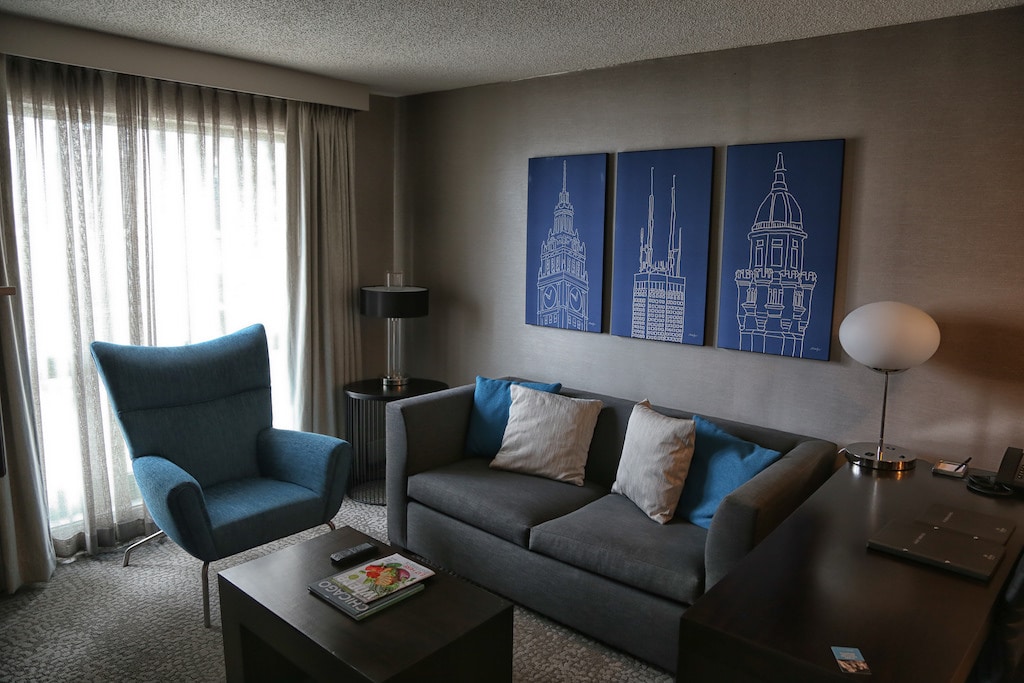
Tip: Use the free app WalletFlo to help you travel the world for free by finding the best travel credit cards and promotions!
Logistical hurdles
The first step in deciding if living in a hotel is right for you is deciding how you feel about the common logistical hurdles that you will have to deal with.
1. Overcoming the cost (or taking advantage of it)
The biggest hurdle that many people imagine is the cost of staying in a hotel every night.
Now true, if you’re trying to stay in a suite at the Ritz-Carlton every day that is definitely going to add up quick.
But if you’ve done enough research, you know how cost-efficient living in a hotel can actually be in certain parts of the world.
For example, if you chose to go to Asia you could live in a pretty solid hotel paying only $30 to $50 a night.
Some hotels may even provide you with a discount if you make an extra-long booking (always talk to management about this possibility).
And remember, you won’t have utilities, water bills, cable, furnishings, or have to worry about trash or recycling fees. Internet will be free many times and you might be able to drop your gym membership.
If you are able to monetize what you are doing or set up a business such as a travel blog, you could potentially write off a lot of your living expenses which could bring down your owed taxes substantially.
And if you are savvy with reward points, you can also use those to your advantage in a major way.
If you focus on one or two hotel loyalty programs, you will quickly climb the elite status ladder and eventually have the top status with several hotel programs.
These statuses like Hilton Diamond will give you great perks like free breakfast and lounge access that could be used to carry you through meals at times, saving you lots of money.
You’ll also have plenty of points and potentially upgrade certificates and free night certificates that you can use to help offset the cost of your stays.
If you are using a co-branded hotel credit card, you’ll earn even more points and add to your savings.
Let’s say you had the Hilton Surpass, which earns 12X on Hilton properties on top of the 20X you’d earn if you were Diamond. That’s a total of 32X and if you value Hilton points at .5 cent per point then that’s like 16% back.
You could stay at a nice hotel like a (self-rated 5-star) Hilton DoubleTree Kuala Lumpur for $50 a night. So your total monthly expense for your room rate could be $1,500 minus the 16% back ($240) for an effective net expense of $1,260.
That hotel offers breakfast and lounge access so over the span of 30 days those food and drink savings could be very high.
And again, think about all of the bills you won’t be paying by staying in a hotel.
So depending on what your living situation currently is, you could be saving a good amount of money by living in a hotel.

2. Navigating customs and visa restrictions
If you were planning on living in a hotel in another country, you need to make sure you know how long you will be allowed in the country.
For example, you may only be allowed to remain in the country for 90 days or you might get a longer period of time such as six months.
It depends on the type of visa you have but if you are staying in one country, there’s a good chance that you will have to renew that visa on a regular basis.
This can be very tiring and can also get a little complicated and even a little costly.
If you are not comfortable with constantly navigating visa requirements, dealing with immigration and customs, the inevitable hiccups, etc., the international hotel hopping route is probably not for you.

3. Dealing with luggage and laundry
Living in a hotel means that you will most likely have all of your belongings packed up into a couple of bags that you will have with you at all times.
This can get tricky when you want to take a short trip somewhere.
That’s because it means you will have to:
- 1) Bring along all of your luggage (hello, baggage fees); OR
- 2) Pay for nights in a “home” hotel where you will store your luggage; OR
- 3) Find an alternative arrangement (be careful)
In some cases, you may have a great relationship with your home hotel and can work something out to temporarily store your bags but I don’t think that is a super common practice.
Hotel living also means that you will have to do laundry in your hotel, at the laundromat, or pay the hotel to do it which can be quite expensive (and sometimes risky).
If you like to purchase souvenirs, you’re going to have to do a lot of shipping if you want to keep space in your luggage for your essentials.
And if you’ve ever shipped a 3-foot zebra statue you know how pricey it gets….
But the bottom line is this:
If you can’t see yourself living out of a couple of suitcases, you may not last very long when trying to maintain a permanent residence in a hotel.
You might adapt to the new lifestyle and learn quite a few things. But you might not — it at all depends on the person.
I will say that from personal experience I adapted surprisingly well to getting rid of lots of my belongings and only keeping a small wardrobe on me. It really is amazing how your perspective on “necessities” can change after living in hotels.
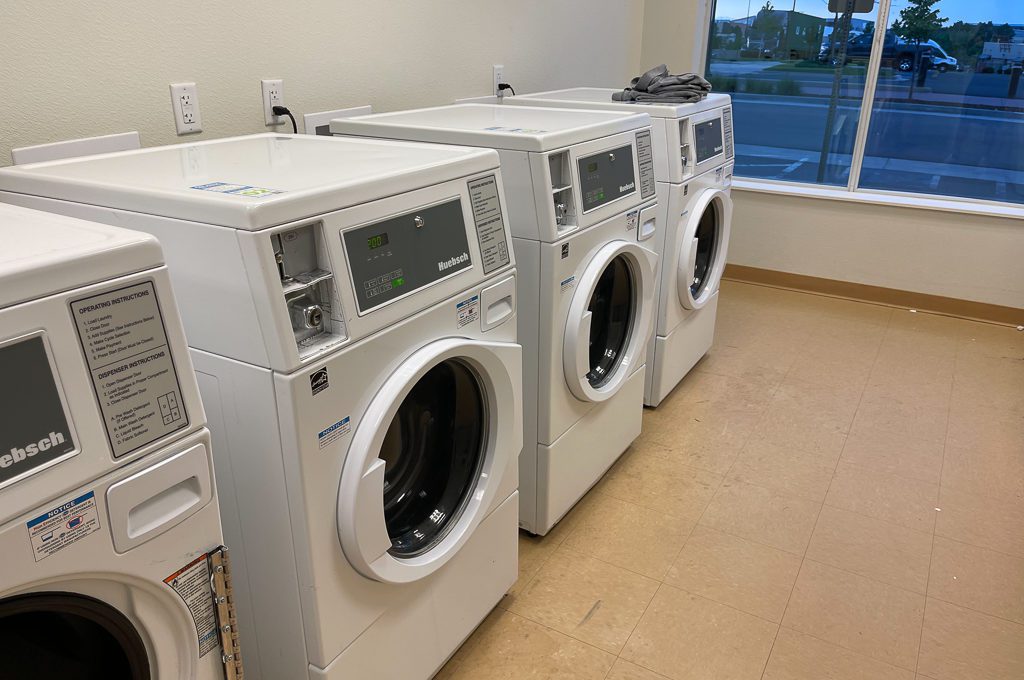
4. Finding a place for your belongings
For every possession that doesn’t come with you, you’re going to have to figure out what to do with it.
Do you sell everything? Put it in storage? Burn it in the barbecue pit?
You’ll have to decide what to do with your belongings but a lot of people do benefit from simplifying their life and getting rid of things they no longer need.
A move to a hotel could be a perfect time to do that.
When I was first contemplating a move to full-time hotel living (years before we actually did it), I threw away several boxes full of old awards, papers, and embarrassing childhood creations that I knew I would just never need.
It felt really good to toss those things out and purge them from my existence.
Some possessions pose a greater challenge when it comes to parting with them, and automobiles fall squarely into that category.
As we were preparing to relocate to the UK, we found ourselves with just a few weeks to offload a Hummer H3, right in the midst of sky-high gas prices! It was undeniably a daunting task, but our determination to see it through was the driving force behind making it happen.
So in some cases, you have to do a lot of planning and legwork ahead of time just to figure out where all your stuff is going to go. My advice: start chipping away as early as possible.
5. Mail and packages
You can have mail and even packages (including Amazon) delivered to your hotel.
Typically, you would only want to do this if you trust the hotel, and you always want to notify the hotel that you are receiving a package.
But there will always be the risk that a package gets lost or is not properly stored for you when living in a hotel. Luckily, with the ability to track the status of packages more closely now you can keep an eye on things better and make sure you are at the hotel when packages are en route.
As for your standard mail, I would recommend having your mail forwarded to a trusted family member and having them open up those letters that have special importance like those from the IRS, student loan providers, etc. They can then scan you the messages.
And be sure to sign up for paperless billing to minimize your incoming mail.
There exist paid services that can scan and redirect your mail, but it’s worth noting that their reliability can vary. In certain cases, the addresses they provide might not be fully compatible, causing potential issues when trying to link them with important accounts, such as your bank.
Therefore, it’s crucial to explore these options well in advance and conduct thorough research to ensure they align with your specific needs.
Pros and cons of living in a hotel
Once you’ve decided that you can deal with some of the logistical issues, you have to figure out how you feel about the pros and cons of living full-time in a hotel.
Here are some of the main pros and cons that I considered when deciding whether or not I should live in a hotel.
You will see that there are basically two sides to every coin so at the end of the day you just have to decide which benefits outweigh which costs because everybody is going to be different.
Tip: Use WalletFlo for all your credit card needs. It’s free and will help you optimize your rewards and savings!
The dietary options
Pro
As someone living in a foreign location, and potentially hopping around dozens if not hundreds of cities, you’ll have the opportunity to try all sorts of different foods and cuisines.
Sure you might get sick here and there or gain a little weight but you’ll end up getting exposed to more foods (and cultures) in a few months than many people do in a lifetime.
That is something that’s just incredible to think about, especially for true foodies.
Con
Maintaining a healthy diet while living in hotels can be extremely difficult.
This is all the more true when you earn higher-level elite status and have constant access to free breakfast, free alcohol, and all of the snacks and goodies that come along with those visits.
One of the biggest reasons why I was reluctant to live in hotels is because I thought that it would absolutely wreck my diet.
If you are staying in an extended stay hotel or just a hotel with a kitchen, things will be dramatically easier for you because you will be able to do some cooking and eat clean.
In that case, look for certain hotel brands that cater to long-term visitors like the Hilton Homewood Suites.
But just know if you don’t go in with a plan and/or possess a high amount of discipline when it comes to your diet, living full-time in a hotel could wreck you.
One thing that really helped me when I started living in hotels was skipping meals. For example, I skipped breakfast every other day to free up calories and that helped keep my weight under control.

Life experiences
Pro
This goes along with the dining experiences mentioned above.
When living in a hotel and traveling the world, the world is pretty much your oyster. The possibilities for exploration and bucket-list checking are endless and only limited by your budget and motivation.
This type of “inundation traveling” can be extremely fulfilling (and addictive).
Seeing something new and epic on a regular basis puts you in a certain type of mind-frame that can be a far departure from anything you’ve experienced before. If you’ve ever studied abroad you probably know this feeling.
For me, this was the biggest pro of living in hotels indefinitely. The thought of visiting 10 to 20 countries in a year excited me like no other.
And even if you’re doing this domestically, exploring a different state every few weeks or months can be equally exciting.
Con
There’s a potential loneliness factor if you are doing your long-term hotel living in a far flung destination.
You’ll likely be missing key events like: birthdays, weddings, bachelor parties, etc. Some of your friendships may not survive.
All of that can start to take its toll.
You also may have to give up (or at least put off) major things in your life like: getting a dog, having a child, buying a house, or even building a career.
So it’s a matter of balancing the (priceless) personal travel experiences you will have with missing out on other priceless life events.
This is probably one of the major reasons why living in a hotel aboard is not sustainable for many people — it’s just too hard to not regularly connect with friends and family.

Physical Health
Pro
Many mid-range or luxury hotels will have nice fitness centers where you can get in great work outs.
It’s not uncommon for these hotels to have decent free weight sections, ellipticals, treadmills, bikes, and other types of state of the art machines.
Full-service properties will even offer special fitness classes.
You also may have a swimming pool to use for a nice workout and even a sauna to relax in. So when it comes to getting exercise, it’s not that difficult to do in a hotel and might even be easier to fit in than with your current living situation.
And if you’re doing a lot of exploring, you’ll be on your feet a lot getting in a lot of miles which can be great exercise. In many cities, you can rent bikes and get great exercise.
Con
Heavy traveling can be taxing on your immune system, which is big because hotels can be breeding grounds for viruses.
And let’s not forget about the bed bugs which can be a threat even at luxury hotels.
If you are planning on doing a lot of hotel hopping, the odds of you getting exposed to these things will only go up.
Obviously when a pandemic is alive and well you may not want to be hopping around hotels, either.
But even if you’re not worried about catching something like coronavirus, your way of living could effectively be shut down if things got bad.
Insurance and health care is another major thing to consider.
You might qualify for traveler’s insurance but you will also have to contend with finding and dealing with the health providers.
If you are constantly on the go that can be a challenge.
As someone who has experienced medical emergencies abroad, I can tell you that it often works out just fine. I mean, I’m still alive so that says something.
But visiting doctors does come with an added level of stress for nomads, especially if you don’t speak the native language.
Finally, keep in mind certain types of medications are banned or highly regulated in some countries so it’s also possible that you may not even be able to get the type of medication you need.
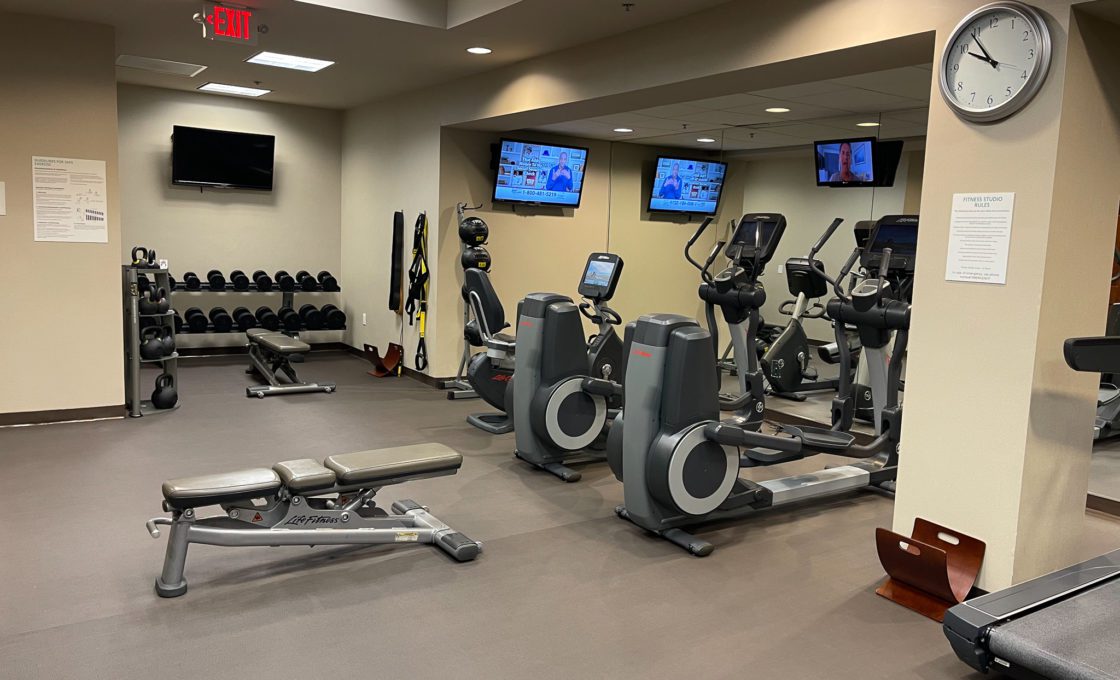
Mental health
Pro
There is something exciting and exhilarating about a constant change of scenery.
You’ll see so many new things and create such great memories that there is an endless potential for growth and development.
One great perk is the mental health boost. You can break up stress patterns, shake up your neural networks, and practically bathe in serotonin.
If you’re someone who tends to get stuck in a rut, constantly switching up the scene could be just what you need to flourish as an individual.
Con
Not having a place to call home could have an effect on your mental health.
Many just aren’t cut out to be on the road all the time. And a lot of people can’t function properly not having a true “home.”
And that’s understandable.
Imagine coming back exhausted from a trip and not being able to sleep in your own comfy bed with your favorite pillow and comforter.
If you are not staying in nice properties or in spacious suites, you might feel a bit claustrophobic from time to time.
Other times, noisy neighbors can disrupt your sleep or cause other horror stories in your life — you never know who might be in a hotel room next to you.
At some point, you may burn out from going in and out of hotel lobbies non-stop and never being able to fully recharge.
Related: Digital Nomad Tips: Surviving in Airbnbs & On The Road
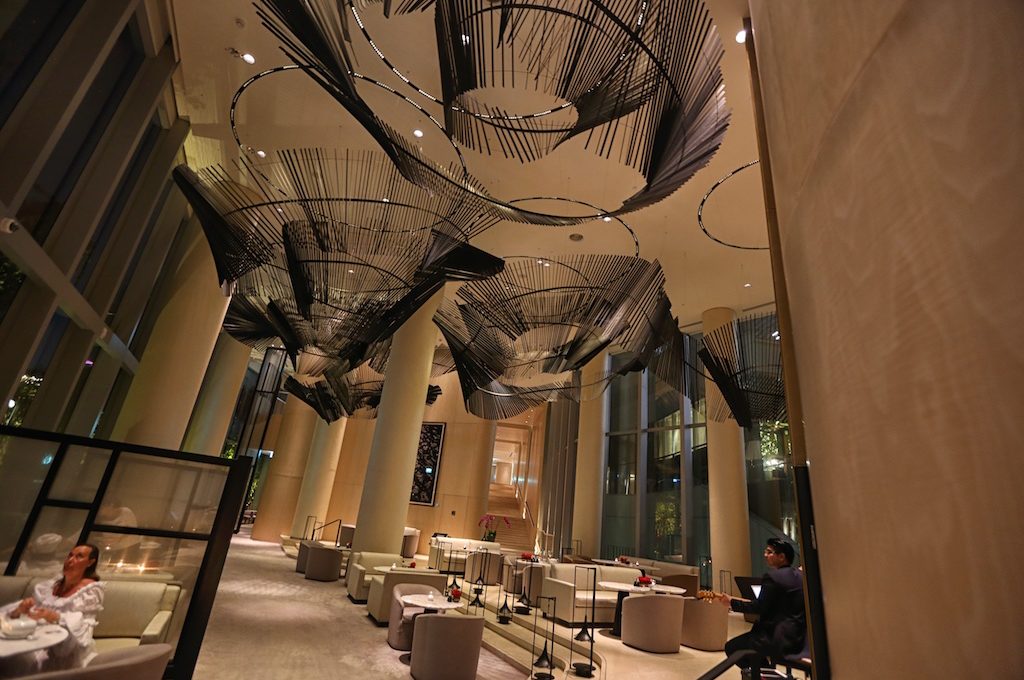
Living in hotel FAQ
In the vast majority of cases, you will not be able to buy a hotel room. But if you are interested in doing so, you should look into timeshares which allow you to purchase something like a room/villa and share it with other owners.
You can live in some hotels for months, as I’ve personally done it myself. Some hotels may allow you to stay even longer but this could depend on things like local regulations and laws for visitors. In some cases, employers send out workers to destinations where they basically reside in hotels for years at a time.
You can live in some hotels indefinitely and for long periods of time which is essentially a permanent residence in some cases. As long as the hotel does not have restrictions on the duration of your stay, you should be able to remain there as long as you wish as a paying guest.
Final word
Ultimately, I first decided that I was more interested in living in a home, getting a dog, and living a more traditional existence than living permanently in a hotel. But after a few years we sort of compromised and decided to live in hotels and AirBnBs around the US.
I think for some people, living in a hotel could be a good thing at least for a while and could be an exciting adventure that lasts for a few years.
Daniel Gillaspia is the Founder of UponArriving.com and the credit card app, WalletFlo. He is a former attorney turned travel expert covering destinations along with TSA, airline, and hotel policies. Since 2014, his content has been featured in publications such as National Geographic, Smithsonian Magazine, and CNBC. Read my bio.

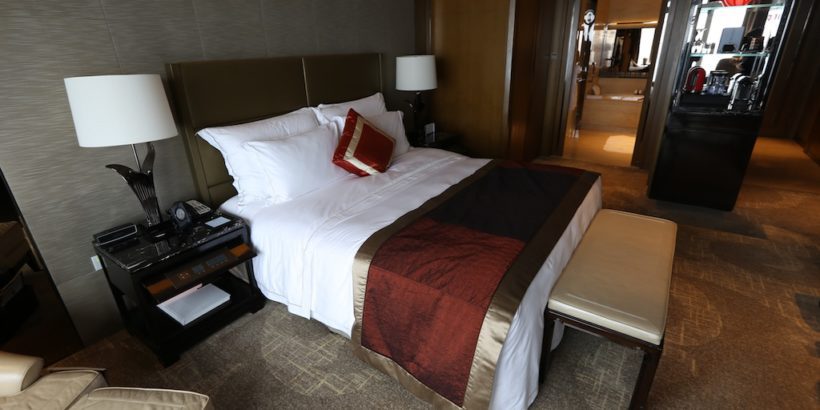
What I need to know is what hotels in a certain area-the central coast of California-actually will sell you a hotel/motel room?
Here in Munich it’s very hard to find a permanent apartment, as the number of apartments is much lower than the population. When an apartment is advertised on the internet, the landlord will receive dozens, or even hundreds, of responses within a few hours.
I recently stayed in an aparthotel over Christmas. It was very comfortable and had a nice kitchenette, and I’m considering going back there for a longer period. I also stayed in an InTown Suites in the US for months many years ago, where they offered monthly rates. There’s also the option of joining the loyalty programs in which you can earn free nights.
One major advantage of living in hotels is that a hotel room can be found much faster, and with fewer formalities, than a regular apartment. I’ve been applying for apartments for months with little success. With the aparthotel, I simply made the booking and paid, and then got a message that my room would be ready at 3 pm.
Hello I got a job at the comfort inn and I would like to live there where I work so I can be on time and my mental mind and my body would actually be more at comfort zone to adapt